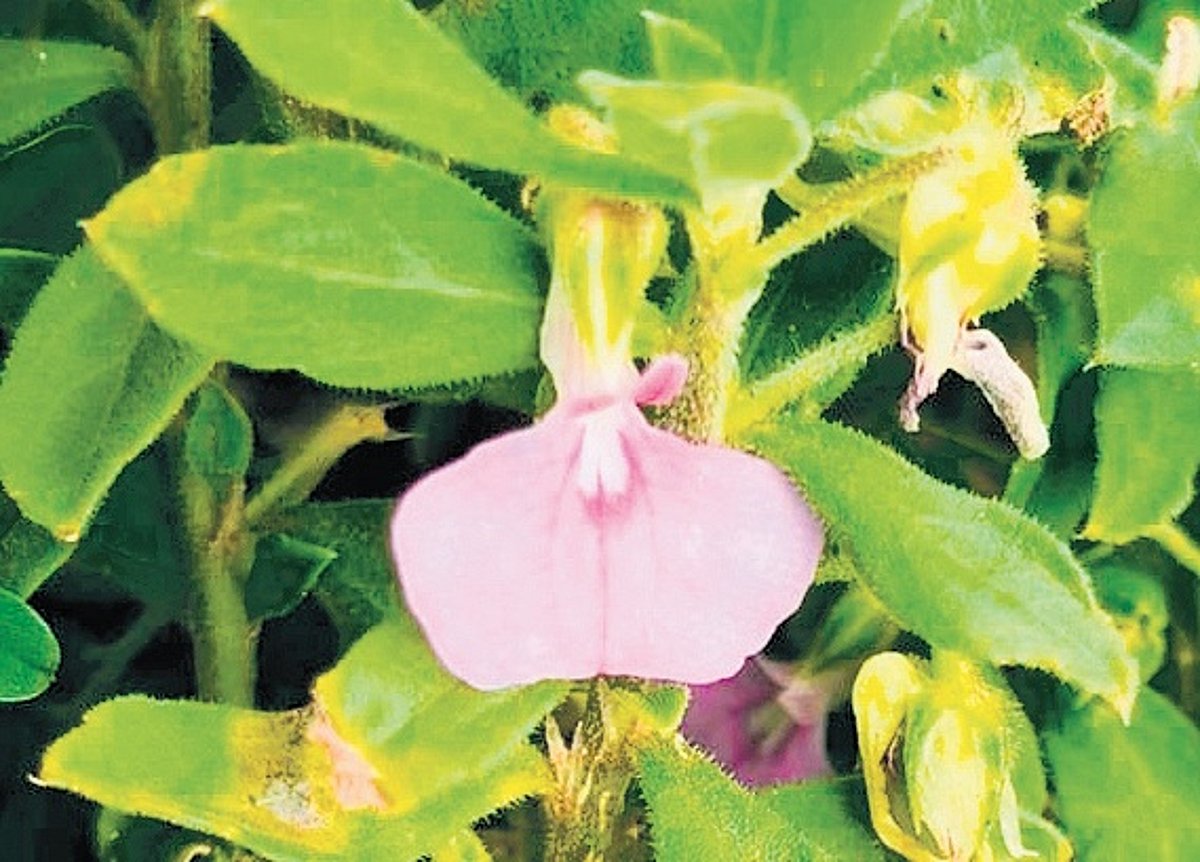Google has told parliament that Australia’s under-16s social media ban will be “extremely difficult to enforce”, but won’t say if it is lobbying the Trump administration about YouTube’s inclusion ahead of Anthony Albanese’s US visit.
On Monday, Google and Microsoft appeared before a Senate inquiry on a range of age assurance and verification requirements being applied to social media and other aspects of the internet including search.
Google’s senior manager of government affairs and public policy in Australia and New Zealand, Rachel Lord, told the inquiry the under-16s ban – which is expected to include YouTube – will have “unintended consequences” and won’t make children safer.
Sign up: AU Breaking News email
“The legislation will not only be extremely difficult to enforce, it also does not fulfil its promise of making kids safer online,” Lord told the inquiry.
“YouTube has invested heavily in designing age-appropriate products and industry leading content controls and tools that allow parents to make choices for their families.
“Forcing kids to use YouTube without an account removes the very parental controls and safety filters built to protect them across sport, music, creative learning and classrooms.”
The company’s director of government affairs and public policy, Stefanee Lovett, was asked whether Google was lobbying the US government on the matter ahead of the prime minister’s planned visit next week.
Lovett said her Google colleagues in the US had been alerted about a “range of issues” being dealt with in Australia, but could not say if the Trump administration was being lobbied.
“We’ve noted, senator, that the Australian prime minister will be travelling to the US next week, and we’ve talked to some of our colleagues about a range of issues that we’re dealing with in Australia at the moment, so that they understand the position,” she said, in response to the question from the committee’s chair, Greens senator Sarah Hanson-Young.
Lord told the committee the ban, due to come into effect on 10 December, would impact safer access to YouTube’s services.
She also repeated Google’s claim that YouTube was not social media, but “a video-streaming platform that Australians use as a content library and a learning resource”.
Lord said features such as no autoplay, break reminders and turning off personalised advertising would not be available to teens accessing YouTube in a logged-out state once the ban on under-16s holding an account is in effect.
Guardian Australia reported earlier this month the grounds in which Google could legally challenge the government over YouTube’s inclusion in the under-16s social media ban.
after newsletter promotion
Liberal senator Sarah Henderson sought to clarify whether a legal challenge was still planned, but Lord would not answer directly.
“To be clear, at this point in time, we are continuing to speak and engage constructively with the eSafety commissioner and the government on this issue,” Lord said.
Henderson said the inclusion of YouTube in the ban was a “betrayal” of young people, given the company had previously been given an exemption by the government when the legislation was developed and passed by the parliament last year.
She said the Coalition – which campaigned for the broader under-16s social media ban – was receiving a lot of complaints about YouTube’s inclusion.
TikTok, Snap, and Meta were also invited to give evidence at the inquiry but did not appear, despite meeting with the communications minister, Anika Wells, on Monday. Hanson-Young said the inquiry would consider compelling the companies to appear.
Yahoo, age assurance providers, the eSafety commissioner, the privacy commissioner, and digital rights and youth advocacy groups will appear before the committee on Monday.
.png)


